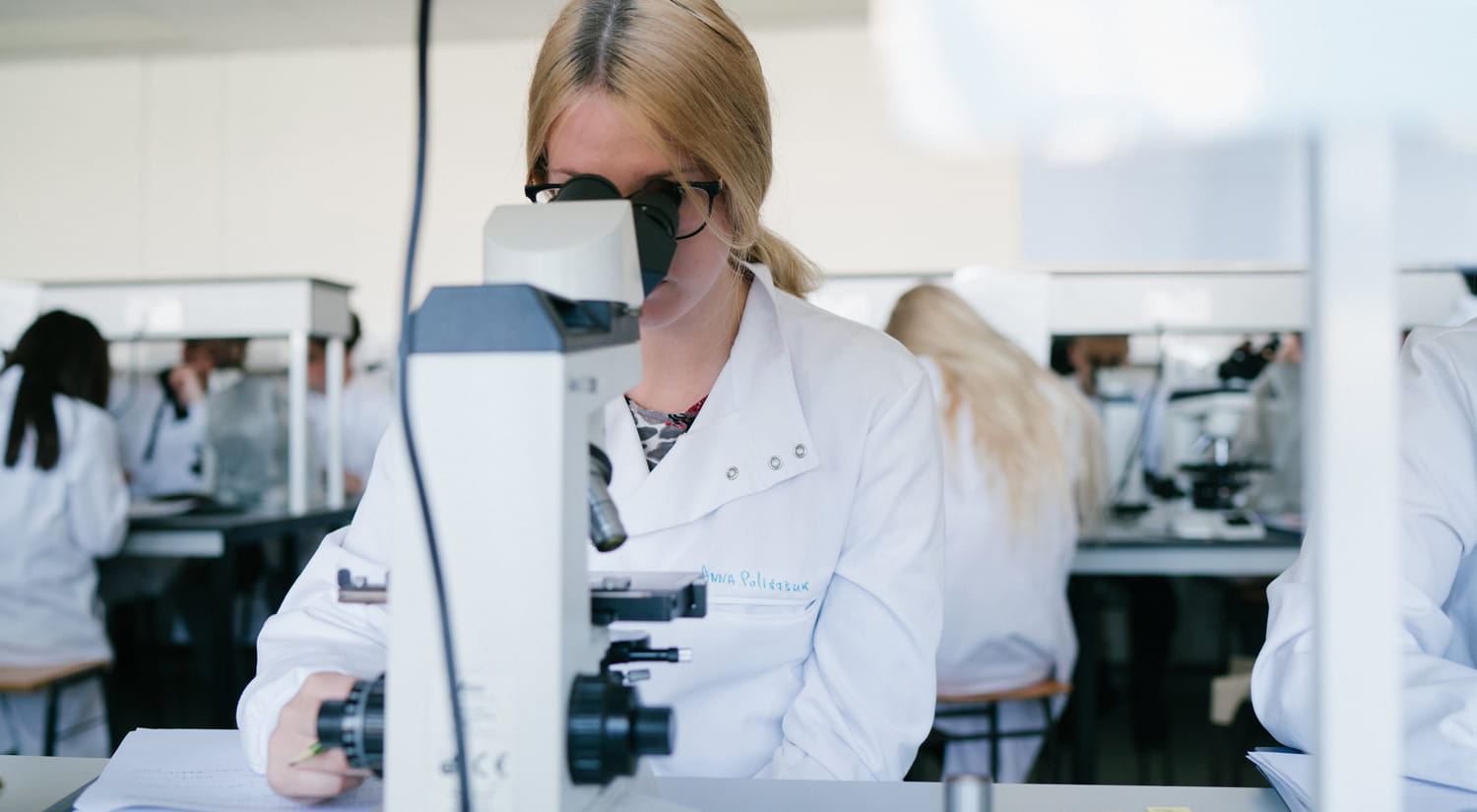Masters degrees
Our multi-disciplinary environment enables us to offer a wide range of modular and interdisciplinary taught postgraduate courses which provide targeted training in specialist areas of biological sciences such as biotechnology, cancer biology, health genomics, tropical marine biology and molecular medicine.
In addition, we collaborate with a number of academic departments from across the University, including social sciences and humanities, on areas such as marine science and sustainable development.
Studying a Masters degree in biological sciences can help you build up your skillset and develop expertise in a specific area of biological interest. It shows your commitment to your professional development, and builds upon the experience gained in your undergraduate degree.
As one of our Masters students, you will gain hands-on experience in our dedicated life sciences labs. You will use the same types of facilities that you will find in private and public sector organisations, making you familiar with tools and techniques that you will use in an advanced career.
.jpg?h=512&w=512&la=en&hash=4049854D6F7DC65237FFE9A301E09FC0)



)


.png?h=250&w=500&crop=1&hash=113EB6A97464E35F801A212070B04C59)








